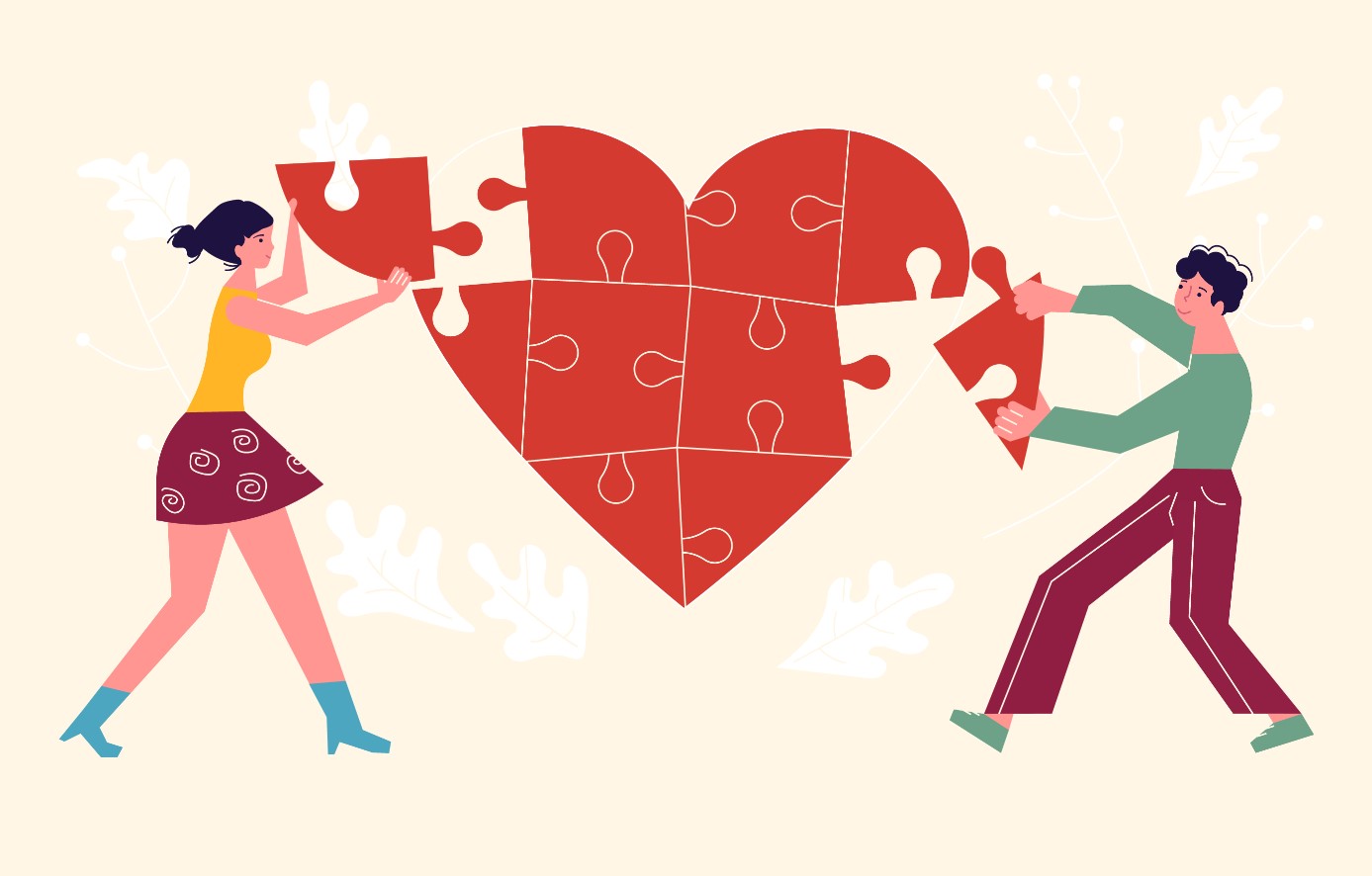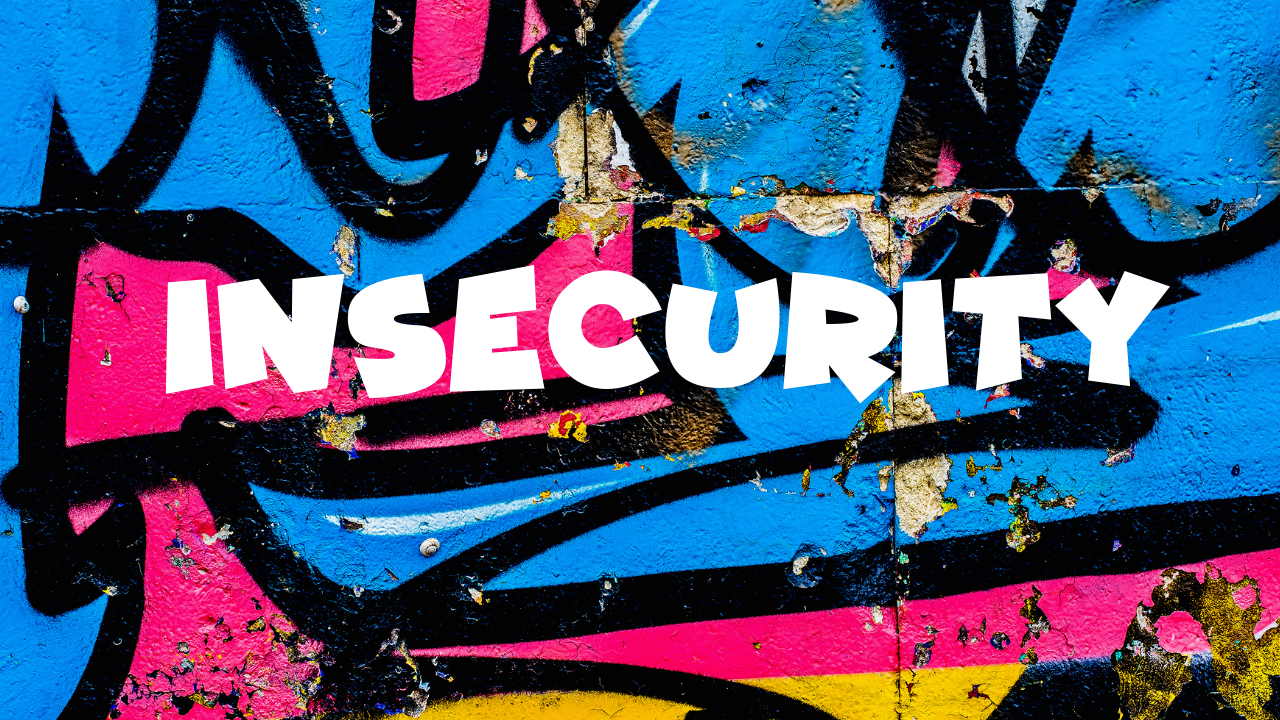Emotionally Focused Couple Therapy
The method of Emotionally Focused Marital Therapy, aka EFT, works deeper than other kinds of approaches. This method focuses on the person’s emotions and emphasizes the crucial importance of the influence of emotions on the interaction in the couple, touching on the inner experience of each partner.
Systemic methods of family psychotherapy are often criticized for not paying enough attention to the inner experiences of a particular family. The method of emotional-focused therapy is very effective in comparison with others, because it finds a response in the heart of people. When working with EFT, about 70% of couples overcome the crisis, and the rest showed great shifts toward mutual understanding.
The Importance of Emotion
When a couple comes to see the therapist, the latter looks deep inside – at hidden feelings and emotions. On the surface, it’s usually anger and irritation, criticism and grievances. But if you go deep, you can find pain, fear of rejection, fear of not meeting expectations.
A well-known common situation is a woman yelling and criticizing. The husband sees nothing but anger and rejection. He withdraws because the model of withdrawal is more peculiar to men. The woman is more involved, she is even more hurt, and she starts to yell more. The husband can’t understand that behind this behavior is the message, “I’m afraid of being rejected, I need you”. The wife can’t read into her husband’s behavior: “I feel like I’ve disappointed you, I feel weak, so I’m pulling away.”
During EFT, the therapist tries to find what is hidden behind the anger and detachment. A woman, for example, says, “He’s never home at all, he doesn’t care, he married his job, he doesn’t need me.” The next thing is to learn how to say, “I feel very lonely and I need you.” And that turns out to be many times more difficult.
Concealed Emotions
Any kind of attachment implies being afraid to some extent. If you ask a woman, “Why didn’t you say right away that you were afraid of losing him?” She’s more likely to say, “What if I open up to him now, tell him I’m afraid of losing him, and he won’t answer me, won’t respond. Then I’ll feel humiliated, I’ll feel hurt”.
In a therapy session, it’s easier to talk about your feelings. There is a therapist nearby, a person who does not take sides, but simply reflects the feelings of partners. He creates an atmosphere in which everyone’s words are heard. One session can already work wonders in a relationship, but it takes anywhere from 12 to 20 sessions to get the desired results.
Origins of Alienation
When people fall in love, they turn a blind eye to each other’s shortcomings. It is an incredible cocktail of hormones that at first helps us build this relationship. An incredible openness, affection, mutual admiration develops between partners. But this is only a phase, it can’t last forever. And then we have to learn how to develop the relationship.
So the main goal is to achieve mutual availability and responsiveness, which are the building blocks of safe emotional connections. How do you determine that it’s some underlying emotion that’s manifesting itself, and not just a relationship problem that can’t be resolved in any way?
This therapy is very structured, and the first step is for the therapist to determine which cycle triggers the conflict. Detachment is the scariest cycle because it most often ends in divorce. It can also be a mixed cycle – both stalking and estrangement. First we define this cycle, and then as we go deeper, we encounter trauma, including childhood trauma. And what I also like about this therapy is that here, with the help of the therapist, the childhood experience is dealt with directly by the partner.
For example, a woman finds it difficult to open up because there was no such thing as trust in her family. Then I ask her husband, “How would you like to help your wife? What would you like to do here right now to make her feel safe and feel supported by you?” I can’t be with a couple every day, every moment, I can be with them once a week.
But there are some problems that EFT doesn’t work with. These are couples with drug or alcohol addictions, with physical or emotional abuse. It’s impossible to break away from a partner if there’s a lack of security. When a tense situation is brewing, how do you figure out how people really feel? What words to express what he’s trying to convey through the other’s reaction?
In the first stage of therapy we determine what cycle the couple is in, and they already understand what that cycle involves. And when they start to quarrel, their job is to stop and ask each other, “Wait, what’s happening now – are we in this horrible cycle with you again? What do you really want to get across to me right now?” It’s important to stop at the first level of conflict, when your emotions haven’t yet taken over your reasoning, and you can still talk sensibly about things. What if people are very emotional and unable to stop – does the method work in that case?
It’s never too late to go back and talk about what happened between the partners. Of course, in the beginning of therapy this is only possible in a therapy session. But from session to session there is more and more response and then you can try it again without the therapist’s help.
In the sessions, we agree on actions to take in this case. I ask the man, for example, “When she asks you what’s going on, would that be acceptable to you?” Usually the man answers: “If she asks what’s going on with me now, I’ll take it normally.” Some couples negotiate a kind of conventional sign, like fingers crossed on the hand or something else, and it will be clear that this needs to stop. They agreed on it before, so the promise has to be kept. From there, constructive dialogue can take place.
EFT and Cheating
There is not always enough inner resource to overcome the pain. And yet it often works out. Often the hurt partner expresses a lot of anger. You already know that in response to anger, the other partner will react with protection. And that’s not at all what the hurt one needs. So it’s a road to nowhere. It’s important at this point that the therapist helps you understand that behind the rage there is often pain hiding. It’s a chance for the cheating partner to stop being defensive and acknowledge the victim’s pain. This is what the hurt person needs – for his pain to be acknowledged. There are other motives as well, but that’s a different story. It takes more than one therapy session to deal with the pain of one and the guilt of the other! But, if a couple manages to overcome such an attachment wound, their relationship only becomes closer.
Low Self-Esteem
Low self-esteem is often at the root of conflict. Wrong look, no handshake, no compliment, no cooking, no ironing of the shirt. Partners do not even notice the corresponding interpretations in their heads – “I am not what she needs”, “I am worse than others”, “I am bad”. And then the accusations, criticism, anger, tears.
We deal with this problem by revealing our most vulnerable sides. After all, often low self-esteem is our self-image. The partner may not be aware of it. By opening up to your partner the fear of being “different”, you have the opportunity to gain acceptance, an understanding of what you are really worth to him or her.
Unfortunately, this is not possible in a physically and emotionally abusive relationship. In this case the therapist’s task is to show the destructiveness of such a relationship. And then it is up to the partners to decide what to do with such a relationship.
Alternatives to EFT
From my own experience and the experience of my clients, I can say with certainty that it is incredibly difficult to open up. But it pays off to stop yourself in time and ask, “What am I really afraid of?” Opening up is scary and difficult, but being yourself is still easier and more valuable in the end than building some kind of barriers, locks, manipulation schemes. Then your whole life is spent in constant tension. You are constantly thinking – what to say, how to act so she is not offended, not angry, to be good enough for her. When you are open to each other, you do not have to think up anything.
The main thing you should strive for in a relationship is to live with each other without stress, to enjoy the simplicity of communication. Just take the first small step, say what’s important to you, what you fear or why you are depressed. At some point you will realize that living sincerely is much easier than living in a mentally restrained state.
For premium readers







